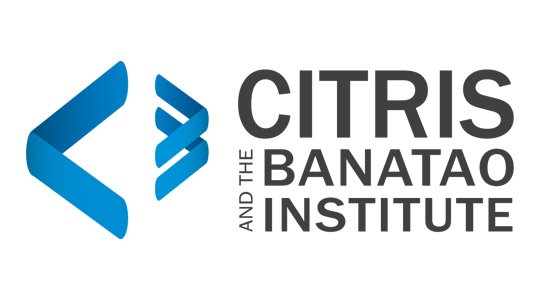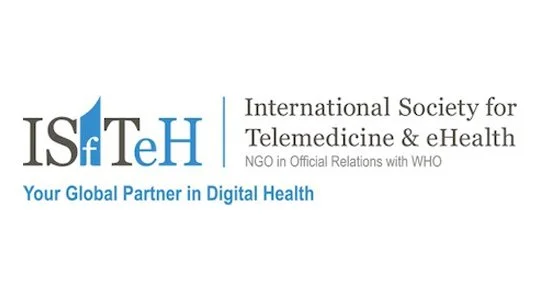The COVID-19 pandemic has driven unprecedented innovation and adoption of telehealth over the past year. Telehealth has increased healthcare access to those around the world, especially in remote communities, those with transportation challenges, as well as individuals who experience limited physical mobility, chronic illness, or mental illness. Due to the pandemic and subsequent waivers in regulations and payment, telehealth appointments skyrocketed in 2020. Temporary policies, such as Medicare waivers, were introduced at the beginning of the pandemic to encourage individuals, with an emphasis on those at higher risk of contracting the virus, to stay home and turn to telephone or video medical appointments or utilizing remote monitoring devices to help manage chronic illnesses.
The evolving challenges of providing remote point of care support for vulnerable populations through telehealth and telemedicine is a global challenge, requiring changes in care practice, innovations in the use of technology, advances in clinician/patient communications, and rapid change in reimbursement, regulatory, and work force processes. This final Web Forum, presented by Mei Kwong of the Center for Connected Health Policy and Julie Bates of AARP California, and Trong Le of the California Primary Care Association, will highlight the promising opportunity and incentive to advance telehealth, ultimately transforming health care as we know it, both domestically as well as internationally.
Back to All Events









